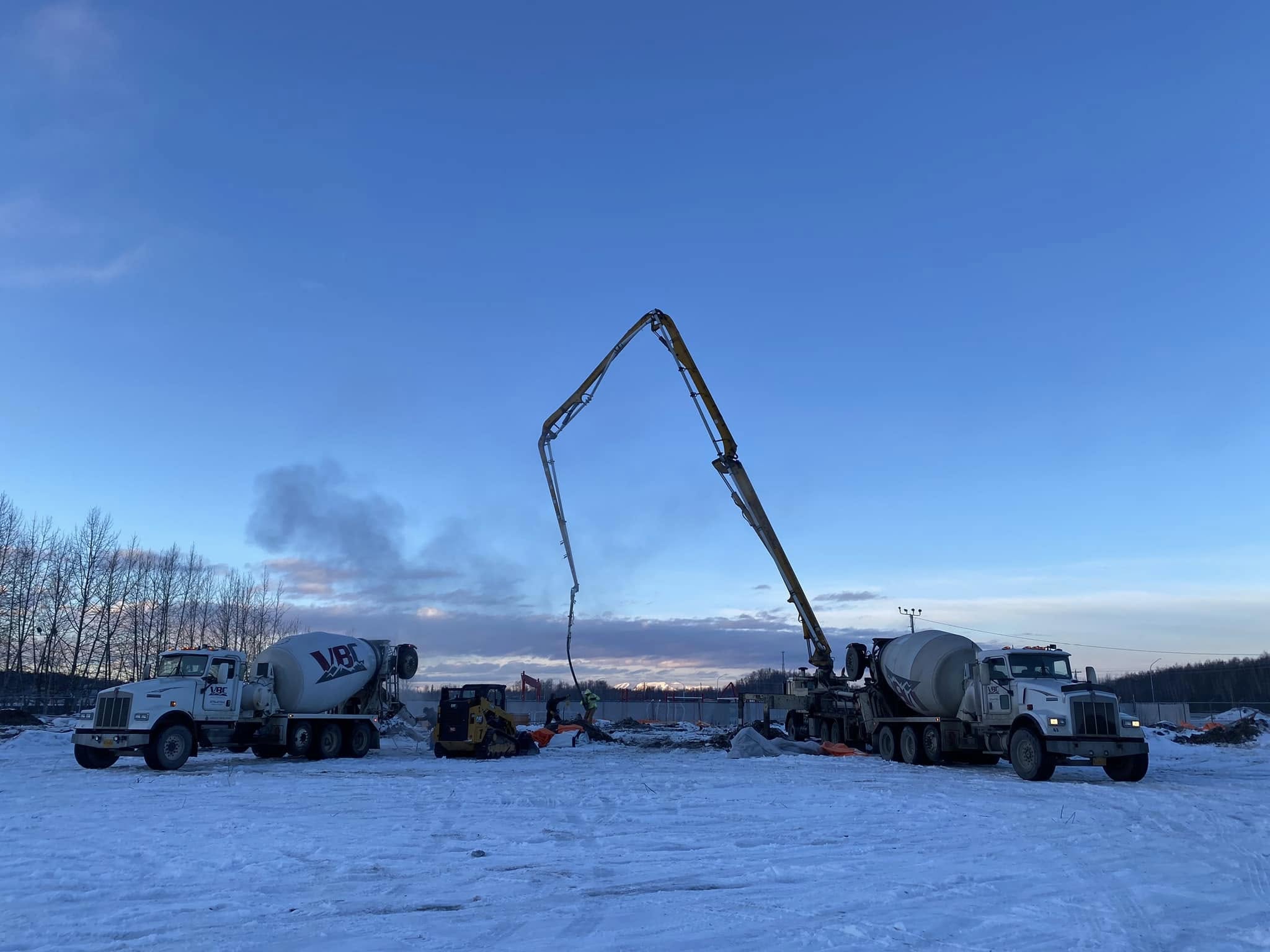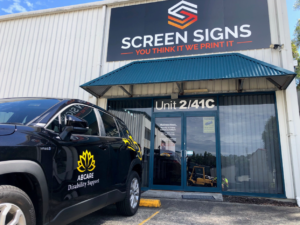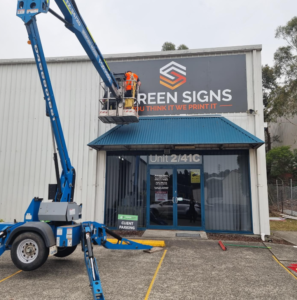Land Surveying: The Key Service Property Owners Often Don’t Understand
A quick online search for “land surveying near me” often happens after issues arise—disputes, permit delays, or unexpected boundary claims. But land surveying is not just about drawing lines. It’s a detailed process that defines ownership, reveals legal boundaries, and protects long-term property rights. It helps translate legal descriptions into real-world reference points. Surveying ensures a clear understanding of what’s owned and where responsibilities begin or end. Whether for residential plots or commercial lots, it offers peace of mind. A thorough survey can uncover details that aren’t visible on paper—preventing confusion down the road.
Common Missteps That Trigger Survey Problems
Many property owners skip surveys because they assume fences, sidewalks, or neighborhood consensus define their space. But those assumptions lead to serious trouble during construction, resale, or legal disputes. Failing to verify lot limits in advance can result in costly corrections or even court cases. Without proper documentation, you’re building—or buying—on guesswork.
Even long-standing property lines may not match legal records. Over time, informal boundaries or landscaping choices may mislead current owners. These mistakes often come to light only after a neighbor disputes a structure’s location or new development reveals conflicts.
What Professional Surveyors Actually Do
Professional surveyors analyze recorded deeds, historical plats, and legal descriptions. Then they physically assess the site, using tools like GPS receivers and robotic total stations to gather accurate field data. This blend of legal insight and measurement creates a full, verifiable picture of the property. It ensures structures, fences, and improvements follow zoning codes and respect rights-of-way.
Their role is both technical and legal. They identify boundary points, locate easements, and produce a report that can be used for permits, legal filings, or real estate transfers. Without this formal process, many landowners operate without legal protection.
Spotting Legal Details Others Often Miss
Surveys uncover more than physical boundaries. They detect utility easements, drainage paths, and hidden encroachments that could block future projects or affect resale. Many landowners learn too late that their plans interfere with buried lines or municipal restrictions. With a full survey, these constraints appear in writing—before work begins.
Not identifying these limitations in time can mean denied permits or project delays. A survey helps outline these concerns early, saving thousands in potential redesigns or disputes.
Planning Construction Without Setbacks
Before pouring concrete or raising a fence, builders and planners need proof of exact limits. Most permit offices require certified site plans to avoid violations. A survey is often the first step in any residential or commercial project, saving time, money, and frustration. It prevents delays caused by unclear or incorrect property data.
It also helps avoid building too close to property lines, which can create conflicts with local codes. A small measurement mistake could force a complete redesign or removal of the structure—something a timely survey avoids entirely.
Disputes Start Where Boundaries Are Unclear
Arguments about trees, driveways, or fences typically begin with boundary confusion. One party believes they’re within their right; the other is sure it’s an intrusion. A survey provides facts, not opinions. It creates a neutral, certified reference point that helps resolve disagreements without unnecessary escalation.
With clear boundaries established, property owners can avoid lawsuits, strained relationships, or enforcement actions. The survey acts as an impartial record that settles issues swiftly.
Outdated Records Can Lead to Errors
Some homeowners rely on decade-old surveys or online tax maps. Unfortunately, those sources may no longer match current land conditions or local regulations. Property lines may shift over time due to updated zoning, subdivision changes, or shifting markers. A current survey ensures alignment with present-day standards and avoids relying on assumptions that no longer apply.
Changes in municipal codes or natural shifts can affect lot boundaries subtly but significantly. Relying on out-of-date records increases risk in every property-related decision.
Buying Property Without a Survey Is a Gamble
Purchasing land or a home without verifying its dimensions can lead to unexpected issues. From structures crossing into neighboring lots to missing access rights, the risks are real. A survey adds confidence to real estate transactions by clearly defining what’s included—and what’s not. It protects both buyer and seller.
Skipping this step might seem convenient but can create headaches that surface months or years later—especially during renovations, sales, or refinancing.
Why DIY Measurements Don’t Hold Up
Consumer-grade tools or verbal agreements don’t meet legal standards. Only a certified survey, signed by a professional, carries weight with building departments, lenders, and courts. Hand-drawn maps or app-based sketches won’t protect you from zoning violations or liability. Real protection comes from licensed analysis and documented results.
Even a small mistake in DIY layout can result in large fines or project halts. Legal issues require legal proof—something only certified surveyors provide.
Updating Surveys Keeps You Legally Protected
Property details change over time—new developments nearby, updated regulations, or shifting terrain. A current survey accounts for these changes. If it’s been years since your last assessment, updating ensures continued legal compliance and planning accuracy.
Staying current with land records is part of responsible ownership. A recent survey supports everything from permit approvals to estate planning.
Wrap Up:
Land surveys aren’t just for large construction or farmland—they’re essential for anyone who owns property. Whether buying, building, or resolving a dispute, accurate land measurements provide the legal foundation for confident decision-making. Working with a licensed land surveyor ensures your rights are clear and enforceable.
Have questions about your land? Schedule a certified survey today to protect your rights and investments.













